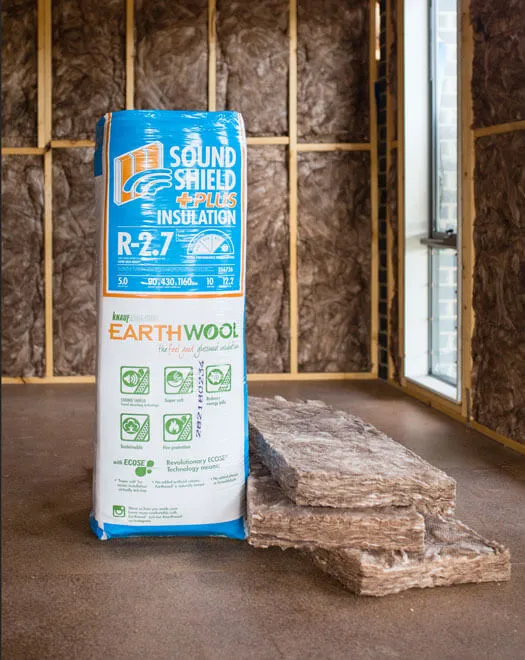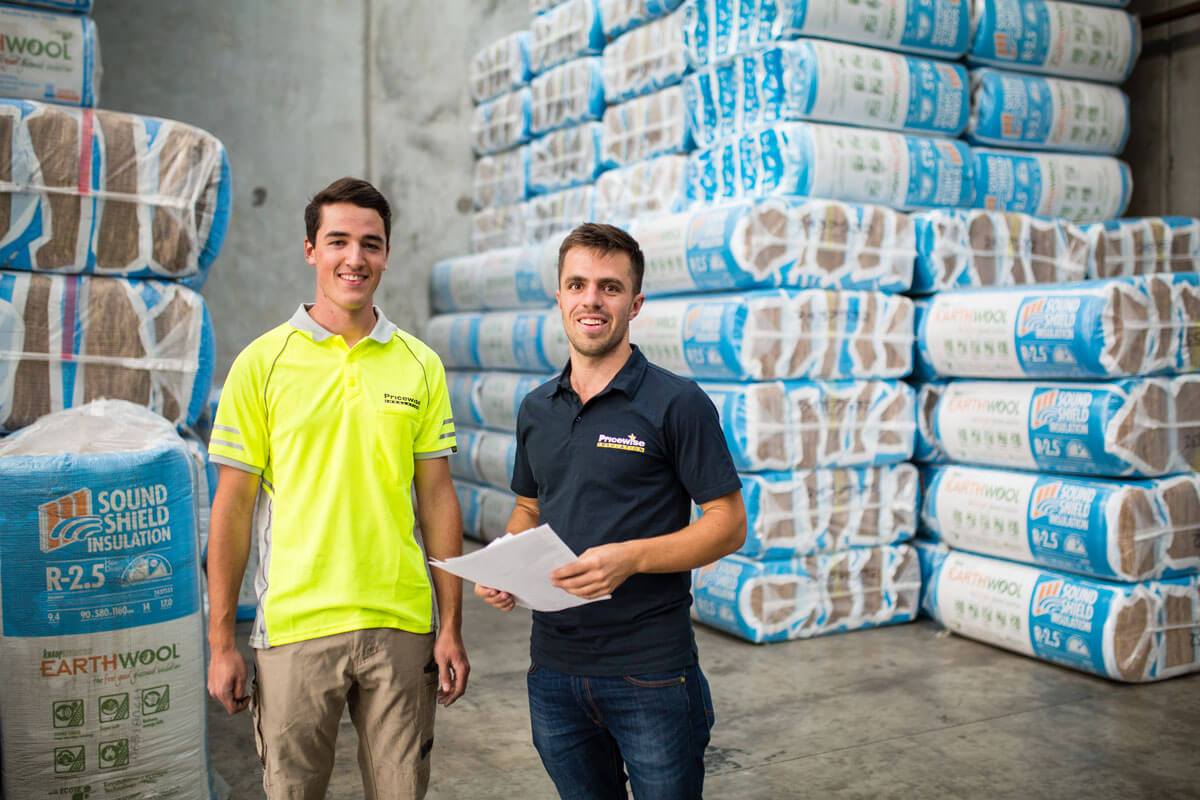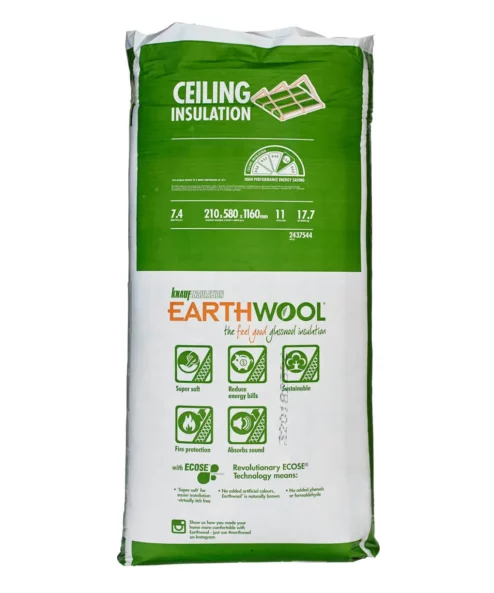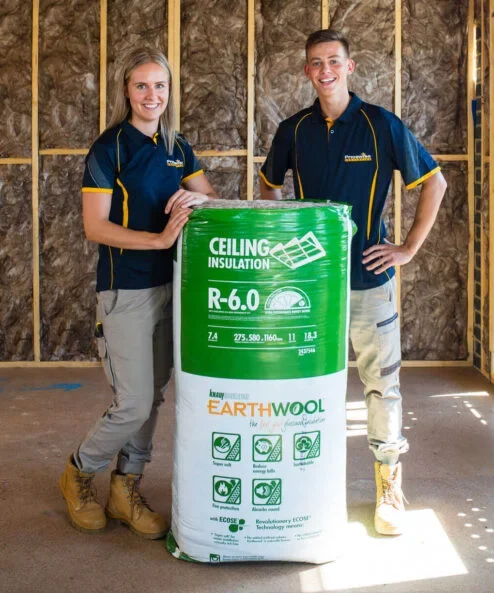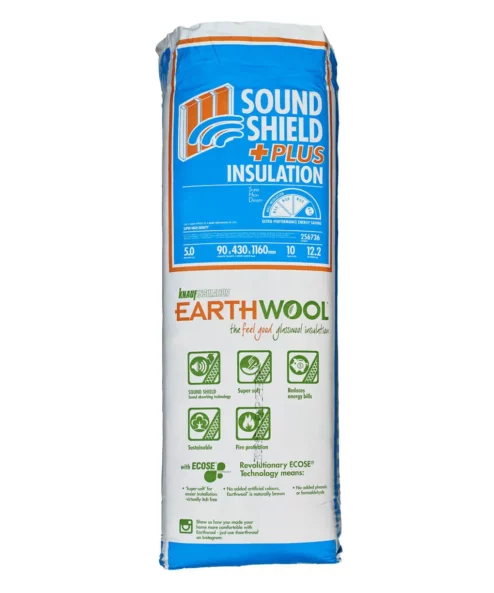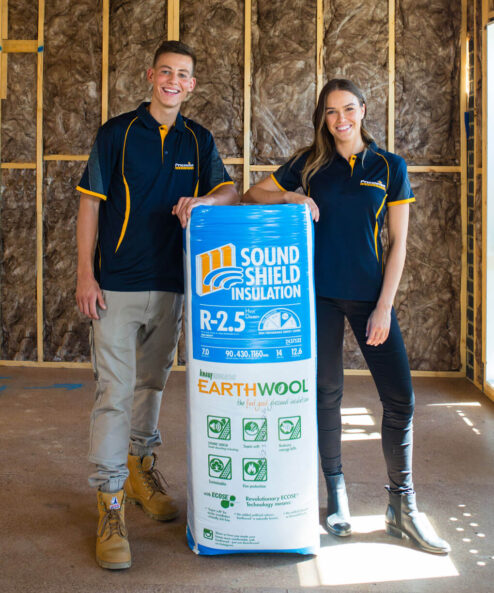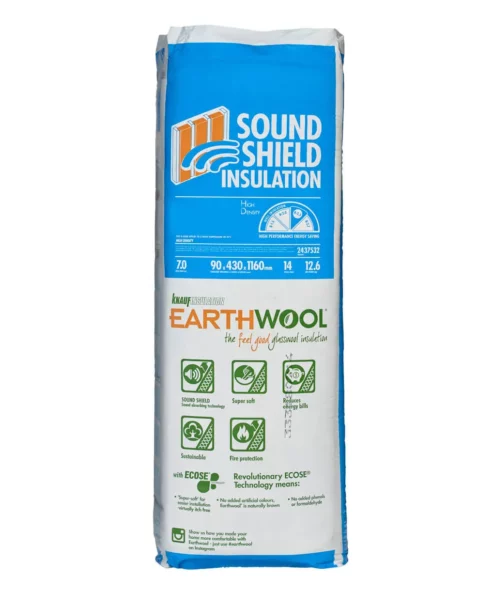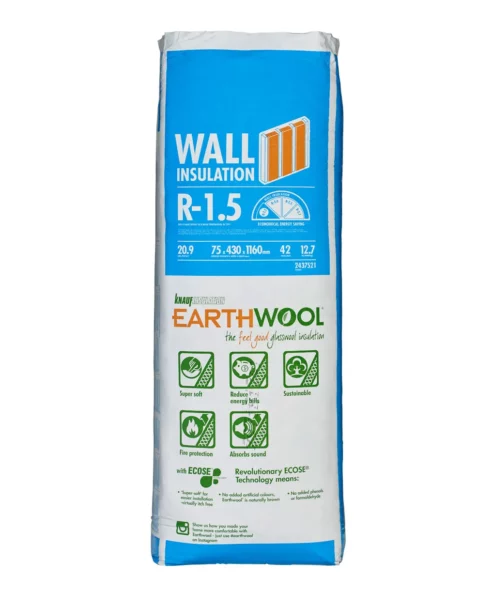Insulation Tips
Need insulation delivered to Newcastle, NSW?
We can deliver your insulation order directly to your home or site address in or around Newcastle. Deliveries usually take 1-3 days, but can be made as early as the next business day. This applies to all brands of ceiling insulation, wall insulation, and underfloor insulation.
Pricewise Insulation delivers insulation to Newcastle and its surrounding suburbs of Mayfield, Warabrook, Jesmond, Wallsend, Elermore Vale, Glendale, Cardiff, Kotara, Adamstown, New Lambton and Broadmeadow. Newcastle lies to the south of the Hunter River, about 160 kilometres north of Sydney, New South Wales. It is situated within close proximity to world class wineries and beautiful beaches. A short half hour drive south takes you to Lake Macquarie, Australia’s largest salt water lake. A common misconception is that Newcastle is Australia’s seventh largest city in terms of population. The area that this statistic refers to actually extends well beyond both the boundaries of the City of Newcastle and the Newcastle metropolitan area. The population of the City of Newcastle was, in fact, around 155,000 in 2016.
Newcastle Harbour World’s Largest Export of Coal
Lieutenant John Shortland was the first European to discover the area now known as Newcastle. At the time he was, in fact, looking for some convicts who had captured HMS Cumberland and happened to enter a “very fine river” on his return, as he described it. Today this is known as the Hunter River. His reports of the region’s abundant coal along with a deep-water port resulted in coal being mined and exported. The most dangerous convicts were punished by being sent to work in these mines and the area became known as a “hellhole”. Newcastle exports a phenomenal amount of coal largely mined in the Hunter Valley and boasts the largest coal exporting harbour in the world. In 2017 it exported 159.9 million tonnes of coal.
Extreme Weather in the Newcastle Region
Newcastle has a humid subtropical climate with an annual rainfall of 1129.9 mm. The first half of the year typically receives the most rainfall, with March being the wettest month, receiving an average of 119.6 mm. On average there is at least 10 days each month with some precipitation. The summer months are generally quite humid, but Newcastle also occasionally experiences periods of very hot and dry weather. The highest recorded temperature was 42.5 °C in January 2013. Winters are typically mild and somewhat drier and the coldest temperature ever recorded was 1.8 °C in July 1986. Newcastle can experience extreme weather with winds well above 100km per hour and driving rains that typically last a few days. Severe storms have hit the area, resulting in extensive flooding.
As such, it is imperative for homes to have a solid insulation design that are able to resist torrential rains and strong winds. Pricewise Insulation is a leading Australian insulation retailer and is able to advise you on the best insulation solutions. Contact us today for an obligation free quote!


